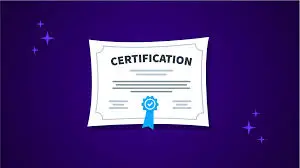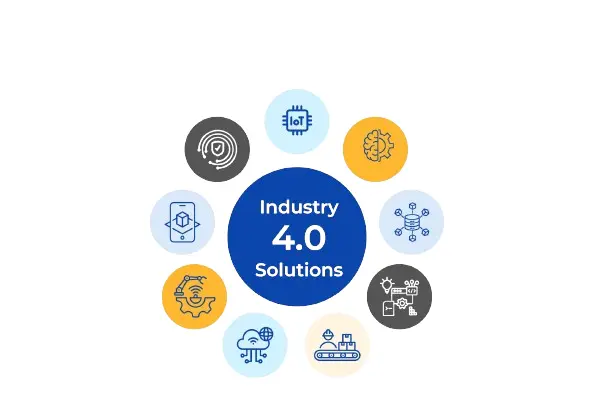Course Overview
This 5-day course explores the principles, models, and practices of Community-Based Forest Management (CBFM). It emphasizes community empowerment, participatory approaches, and local stewardship in forest management. Participants will gain the tools and knowledge needed to implement community-led initiatives that balance conservation and livelihoods.
Duration: 5 Days
Target Audience
- Community leaders and local forest user groups
- Forestry extension officers and practitioners
- NGO staff working in community development and forestry
- Policy makers in natural resource management
- Researchers and students in forestry and rural development
Organizational Impact
- Strengthens capacity for community engagement in forest programs
- Improves effectiveness of participatory forestry projects
- Promotes equitable benefit-sharing and conflict resolution mechanisms
- Enhances long-term sustainability of organizational forestry initiatives
Personal Impact
- Builds competence in participatory forest management approaches
- Improves skills in facilitating community engagement
- Enhances understanding of benefit-sharing and livelihood integration
- Provides tools to design and evaluate CBFM projects
Course Level:
Course Objectives
- Understand the principles and rationale behind CBFM
- Explore participatory models and approaches in forestry
- Strengthen community capacity for forest resource management
- Balance conservation and livelihood objectives in forestry projects
- Promote gender equity and inclusive participation in CBFM
Course Modules
Module 1: Introduction to Community-Based Forest Management
- Definition and evolution of CBFM
- Principles and rationale for CBFM approaches
- Linkages between CBFM and sustainable forest management
- CBFM success factors and limitations
- Case Study: Early CBFM programs in Tanzania
Module 2: Participatory Approaches in CBFM
- Participatory rural appraisal tools in forestry
- Stakeholder mapping and analysis
- Empowering communities through participatory decision-making
- Collaborative forest management agreements
- Case Study: Participatory mapping in Nepal’s community forestry program
Module 3: Livelihoods and Benefit Sharing
- Integrating livelihood improvement in CBFM projects
- Models for equitable benefit-sharing
- Alternative income-generating activities in forest communities
- Addressing conflicts in resource sharing
- Case Study: Benefit-sharing models in Uganda’s community forests
Module 4: Governance and Institutional Arrangements in CBFM
- Local governance structures for forest management
- Roles and responsibilities of community forest committees
- Capacity building for local institutions
- Policy support for community forestry initiatives
- Case Study: Institutional frameworks for CBFM in India
Module 5: Monitoring and Evaluation of CBFM
- Indicators for assessing community forestry performance
- Tools for participatory monitoring and evaluation
- Adaptive management in community forestry projects
- Reporting and accountability mechanisms
- Case Study: Monitoring systems in Mexico’s community forest enterprises
Related Courses
Course Administration Details:
METHODOLOGY
The instructor-led trainings are delivered using a blended learning approach and comprise presentations, guided sessions of practical exercise, web-based tutorials, and group work. Our facilitators are seasoned industry experts with years of experience, working as professionals and trainers in these fields. All facilitation and course materials will be offered in English. The participants should be reasonably proficient in English.
ACCREDITATION
Upon successful completion of this training, participants will be issued an Indepth Research Institute (IRES) certificate certified by the National Industrial Training Authority (NITA).
TRAINING VENUE
The training will be held at IRES Training Centre. The course fee covers the course tuition, training materials, two break refreshments, and lunch. All participants will additionally cater to their travel expenses, visa application, insurance, and other personal expenses.
ACCOMMODATION AND AIRPORT PICKUP
Accommodation and airport pickup are arranged upon request. For reservations contact the Training Officer.
- Email: [email protected]
- Phone: +254715 077 817
TAILOR-MADE
This training can also be customized to suit the needs of your institution upon request. You can have it delivered in our IRES Training Centre or at a convenient location. For further inquiries, please contact us on:
- Email: [email protected]
- Phone: +254715 077 817
PAYMENT
Payment should be transferred to the IRES account through a bank on or before the start of the course. Send proof of payment to [email protected]
Click here to register for this course.
Register NowCustomized Schedule is available for all courses irrespective of dates on the Calendar. Please get in touch with us for details.
Do you need more information on our courses? Talk to us.









